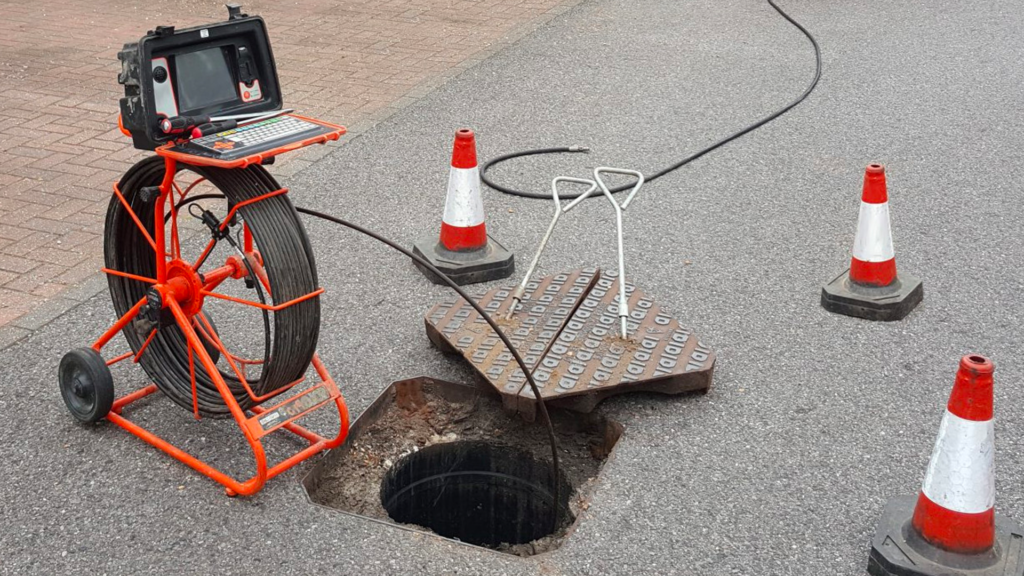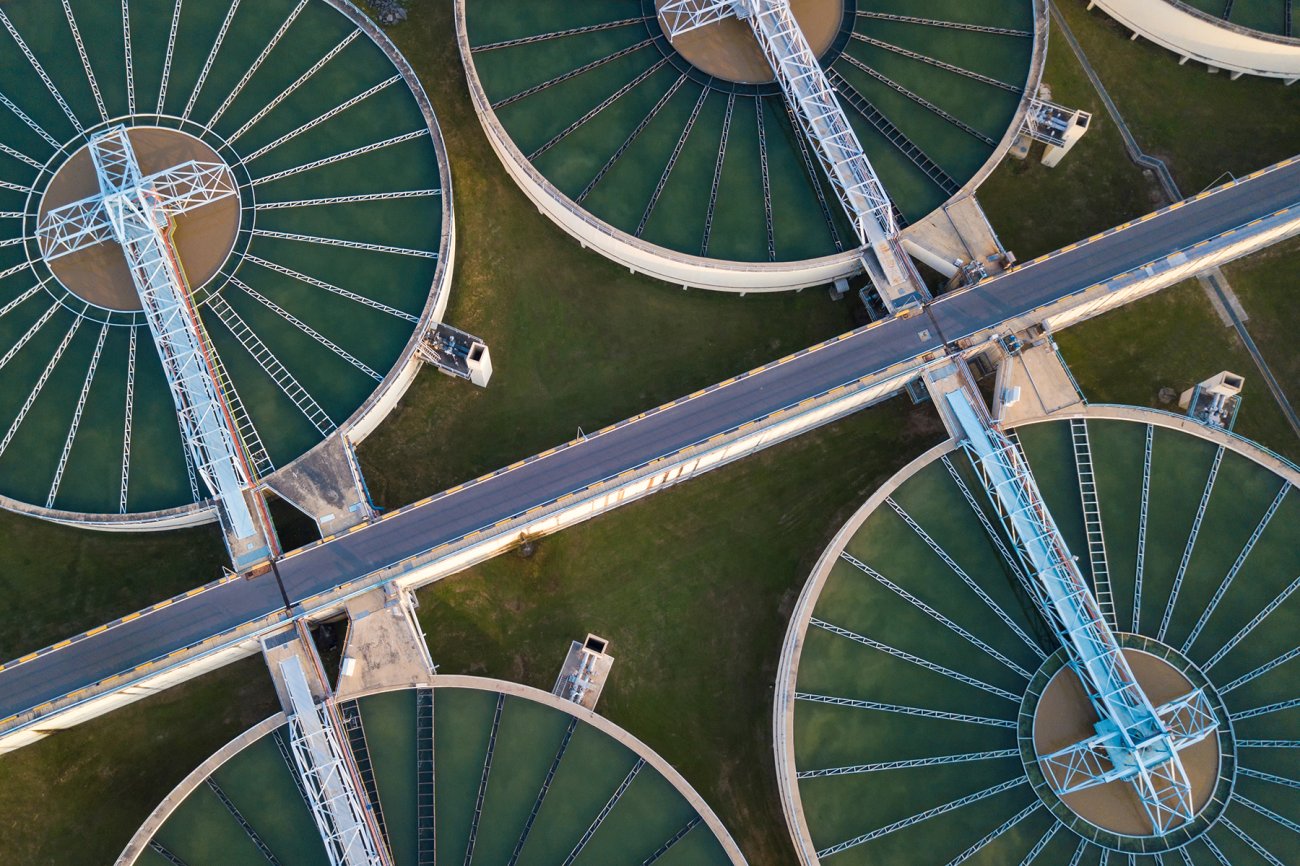Little Known Facts About Reclaim Waste.
Little Known Facts About Reclaim Waste.
Blog Article
Getting The Reclaim Waste To Work
Table of ContentsGetting The Reclaim Waste To WorkUnknown Facts About Reclaim WasteThe Main Principles Of Reclaim Waste Reclaim Waste for BeginnersThe 5-Minute Rule for Reclaim Waste
Residential sewer waste refers to the waste and items from a domestic septic container. The appropriate monitoring and disposal of domestic sewer waste call for fluid waste to be transferred to a sewage treatment plant where the correct approaches and tools are used to detoxify and dispose of waste.
Industrial waste typically consists of prospective hazards, such as combustible products or a mix of fluid and solid waste items, and needs an advanced and thorough disposal procedure. The disposal of industrial waste commonly involves the purification of waste prior to transportation to guarantee safe and proper disposal. Industrial waste is produced from byproducts and drainage of industrial procedures and production.
This kind of waste can not utilize the exact same sewage management transportation or procedures as septic or commercial fluids. The hazardous waste administration procedure requires the examination and testing of liquid waste before it undertakes the disposal procedure (liquid waste removal melbourne). Drainage waste is the liquid waste that originates from drainage and excess stormwater in extremely booming locations or cities
Drainage waste can trigger contamination and flooding otherwise taken care of correctly. Learn a lot more regarding sewer cleaning and waste monitoring. Ensuring appropriate waste management can stop catastrophes and lower environmental damage. Both individuals in residential settings and specialists in industrial or manufacturing markets can gain from understanding the processes and laws of liquid waste administration.
The 10-Minute Rule for Reclaim Waste
Call PROS Services today to find out regarding our waste management and disposal services and the proper means to take care of the fluid waste you produce.
(https://myspace.com/reclaimwaste1)Do you understand what happens to your water when you end, flush the toilet or drain the washing device? No? Well, it's worth knowing. This so-called 'wastewater' is not only a vital source but, after treatment, will be released to our land, rivers or the ocean. Used water from commodes, showers, bathrooms, kitchen area sinks, washings and commercial processes is referred to as wastewater.

water utilized to cool equipment or clean plant and tools). Stormwater, a type of wastewater, is runoff that streams from farming and city areas such as roofs, parks, gardens, roads, paths and seamless gutters into stormwater drains pipes, after rain. Stormwater flows without treatment directly to neighborhood creeks or rivers, at some point reaching the ocean.
Indicators on Reclaim Waste You Need To Know
In Queensland, most wastewater is treated at sewer treatment plants. Wastewater is transferred from residential or industrial sites through a system of sewers and pump terminals, referred to as sewage reticulation, to a sewage therapy plant. Neighborhood governments develop, keep and operate most sewage therapy plants. Operators are licensed under the Environmental Defense Act 1994 to release treated wastewater at an appropriate environmental standard right into waterways.
The Division of Natural Resources suggests city governments about managing, operating and preserving sewerage systems and therapy plants. In unsewered locations, city governments might require householders to install specific or family sewage therapy systems to treat residential wastewater from bathrooms, cooking areas, bathrooms and washings. The Division of Natural Resources authorises the use of family systems when they are shown to be efficient.
The majority of stormwater obtains no therapy. In some new class, therapy of some stormwater to get rid of litter, sand and gravel has actually started making use of gross pollutant catches. Wastewater therapy takes place in 4 stages: Removes solid matter. Larger solids, such as plastics and various other things wrongly released to sewage systems, are gotten rid of when wastewater is travelled through displays.
Makes use of little living microorganisms recognizes as micro-organisms to break down and get rid of continuing to be dissolved wastes and great bits. Micro-organisms and wastes are integrated in the sludge.
The Best Strategy To Use For Reclaim Waste
Nutrient removal is not offered in all sewage therapy plants because it needs pricey specialised devices. It is becoming much more common in Queensland. Clear liquid effluent created after treatment might still contain disease-causing micro-organisms. If this effluent is released right into waterways such as rivers or the sea, the micro-organisms find out will ultimately pass away out.

This normally means wastewater has actually to be dealt with or contaminants gotten rid of prior to it can be released to rivers. Most wastewater flows right into the sewerage system. Under the Act, neighborhood governments carry out authorizations and licences for environmentally relevant tasks (Periods) entailing wastewater releases that might have a local influence. The department administers approvals and permits to Periods involving wastewater launches that may have a local or statewide impact.
6 Easy Facts About Reclaim Waste Explained
Tracking provides valid information about water top quality and can verify that licence conditions are being satisfied. The info obtained with tracking supplies the basis for making water quality decisions.
Report this page